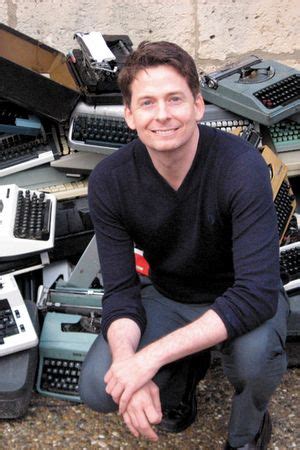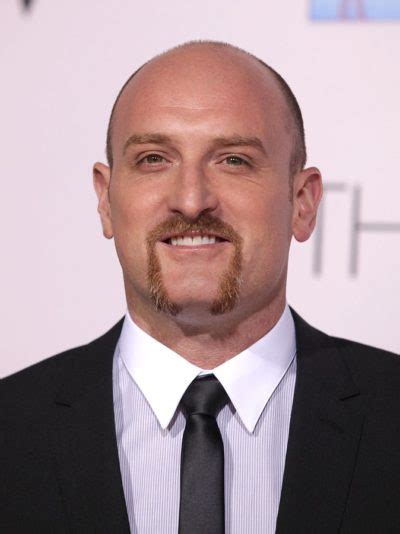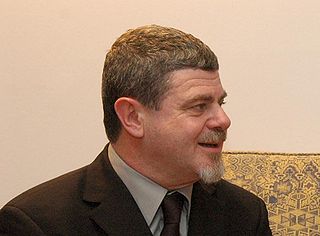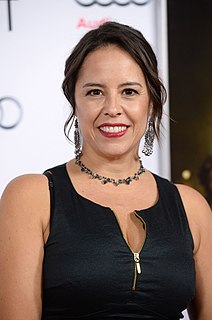A Quote by John Searles
I stayed at 'Cosmo' well beyond my internship, moving up the ranks over some 15 years to become books editor, then brand director, then editor-at-large - editing everything from an excerpt of Gore Vidal's memoir to writing some of those juicy cover lines myself.
Related Quotes
You can give the greatest performance possible, but if you don't have a director who's pointing the camera in the right direction and an editor who's editing it properly, it doesn't matter what you do. The director and the editor are the most important people. Not the actors. Sometimes the writer is important. But if you don't have a good director, you can't have a good production.
One of the good things is the relationship between director and editor used to be more contentious. Studios used to leave directors alone more during the post production process and now they're clamoring to get in. So, the director and the editor end up teaming up sort of against the studio to fight what they're doing and you lose the creative tension that you used to have between an editor and a director.
I find myself acting for an editor more, because there's a quick turnaround with television, so you want to try and seem like you're as frenetic as possible, while replicating your movement so you're giving the editor more opportunity to cut within the different takes. If you're so crazy that you're sitting in one take and standing in another, the editor can only choose one take or the other. But if you can wrangle yourself into the same spot over and over, then you give them more choices for you.
What do you have in mind after you graduate?" What I always thought I had in mind was getting some big scholarship to graduate school or a grant to study all over Europe, and then I thought I'd be a professor and write books of poems or write books of poems and be an editor of some sort. Usually I had these plans on the tip of my tongue. "I don't really know," I heard myself say. I felt a deep shock, hearing myself say that, because the minute I said it, I knew it was true.
From the essay "Twenty-five Things People Have a Shocking Capacity to Be Surprised by Over and Over Again" 1. Journalists sometimes make things up. 2. Journalists sometimes get things wrong. 3. Almost all books that are published as memoirs were initially written as novels, and then the agent/editor said, This might work better as a memoir. 6. Freedom of the press belongs to the man who owns one.
I write first drafts feverishly fast, and then I spend years editing. It's not that sentence-by-sentence perfectionist technique some writers I admire use. I need to see the thing, in some form, and then work with it over and over and over until it makes sense to me - until its concerns approach me, until its themes come to my attention. At that editing stage, the story picks itself and it's just up to me to see it, to find it. If I've done a good job, what it all means will force me to confront it in further edits.






































